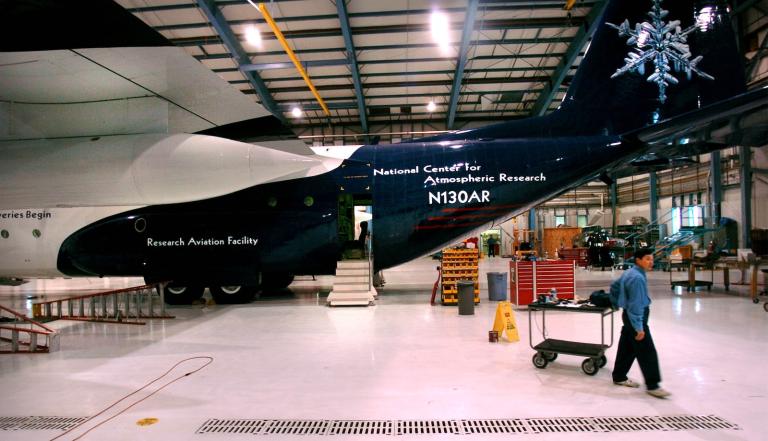 Andrew Revkin
Andrew Revkin
New York Times reporter Andy Revkin has a blockbuster story showing that the Global Climate Coalition, the main industry group that spent much of the 1990s seeking to sow doubt in journalists’ and politicians’ minds about the reality of climate change, knew all along that it was real and dangerous:
“The role of greenhouse gases in climate change is not well understood,” the coalition said in a scientific “backgrounder” provided to lawmakers and journalists through the early 1990s, adding that “scientists differ” on the issue.
But a document filed in a federal lawsuit demonstrates that even as the coalition worked to sway opinion, its own scientific and technical experts were advising that the science backing the role of greenhouse gases in global warming could not be refuted.
“The scientific basis for the Greenhouse Effect and the potential impact of human emissions of greenhouse gases such as CO2 on climate is well established and cannot be denied,” the experts wrote in an internal report compiled for the coalition in 1995.
The amazing thing about this story is not that industry deceived journalists about the threat of climate change, but that journalists are still buying industry deceptions to this day – just different ones.
Having finally lost the battle about the reality of climate change, these same industries and their backers in Congress have come up with a different deception: that bold action on climate change would somehow negatively affect the economy.
In fact, there’s overwhelming evidence showing that climate change is causing hundreds of billions of dollars in drag on the U.S. and world economies as a result of drought, flood, sea level rise (Hurricane Katrina alone caused more than $100 billion in damage), and greater spending on hot-weather accoutrements like air conditioning. NRDC estimates the damage from just four impacts at $2,000 per family every single year. And that number doesn’t even consider, for example, the $167 billion annual health care costs attributable to regular old cancer-and-asthma inducing coal fired power plants.
Nevertheless, many journalists, including even many at The New York Times (here and here (h/t Joseph Romm) for instance) repeat as received truth industry lobbyists’ latest myth that continuing to spew pollution is somehow good for the economy.
I’m sure the oil and coal industries have a memo somewhere that will come out in 15 years showing that, in fact, their economists knew the environmentalists were right all along: a clean energy economy will in fact boost GDP, create millions of new clean energy jobs, and save consumers money on their electricity bills.
But until that memo comes out, they’re going to continue peddling totally concocted junk economics about dirty energy to reporters – and impede the creation of the clean energy economy.
It’s time for journalists to learn from experience that no matter what your instincts or how slick and knowing the industry flacks seem, they cannot be trusted. They can’t be trusted when they say tobacco is safe, they can’t be trusted when they deny the need for seat belts, they can’t be trusted when they deny the dangers of climate change, and they most certainly can’t be trusted when it comes to the new green economy.




